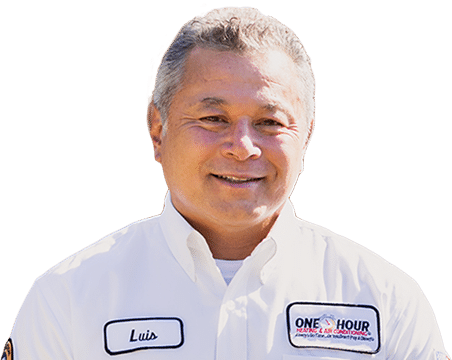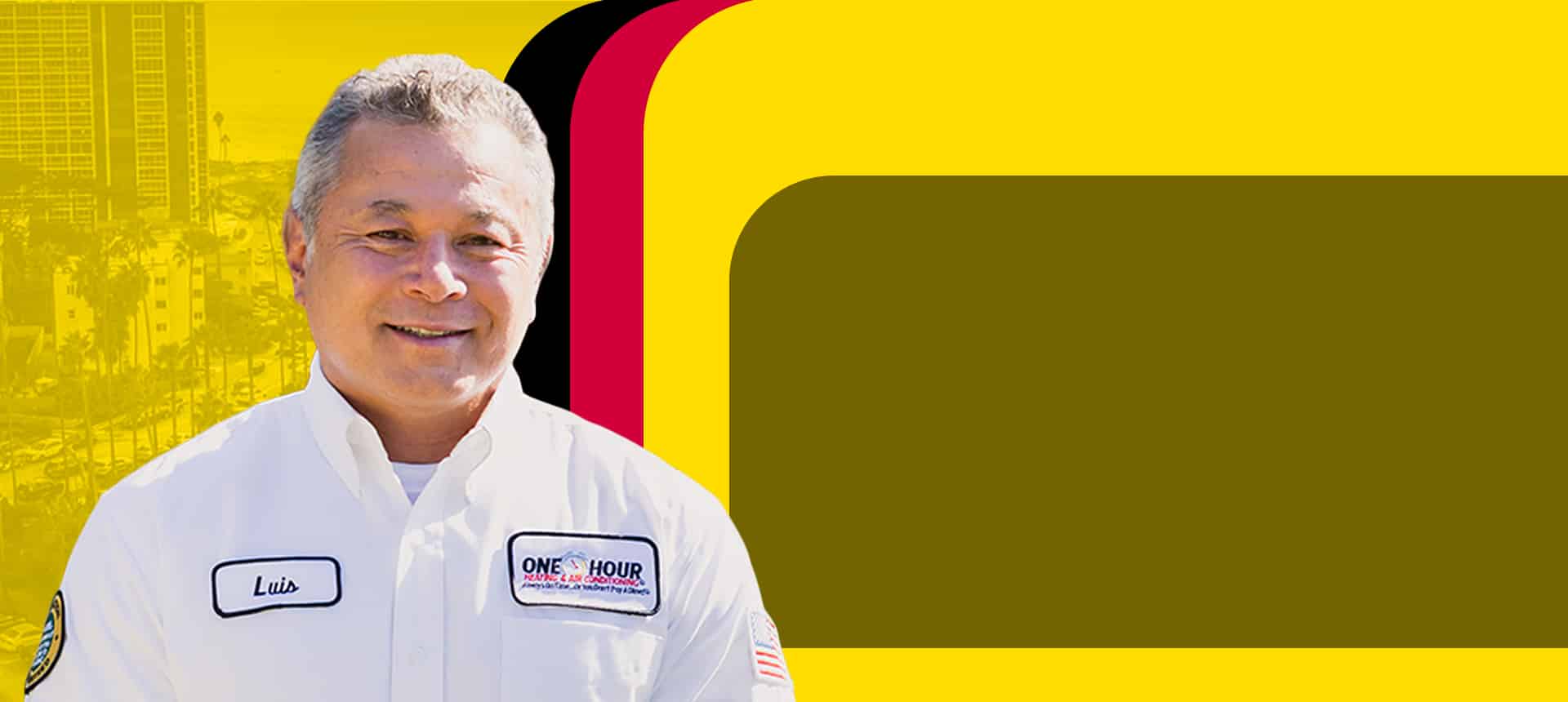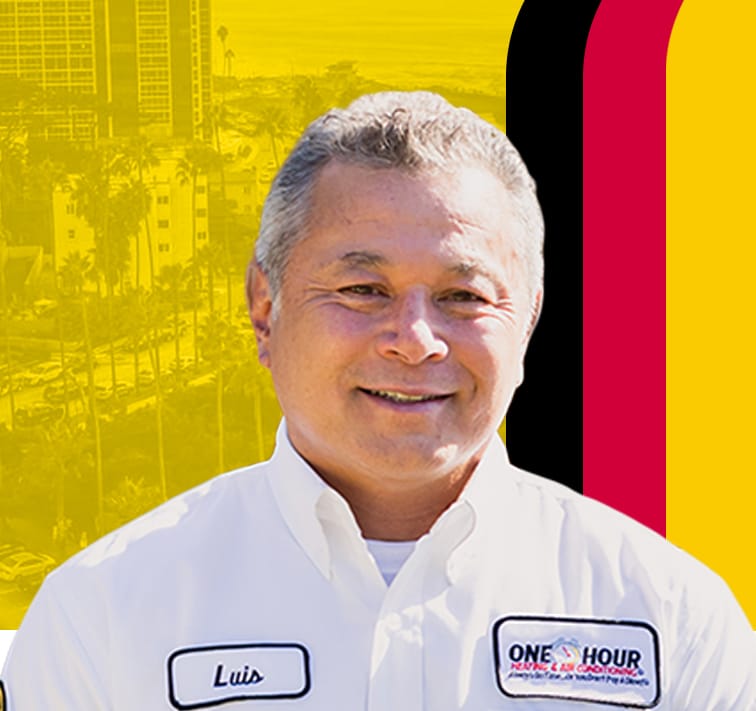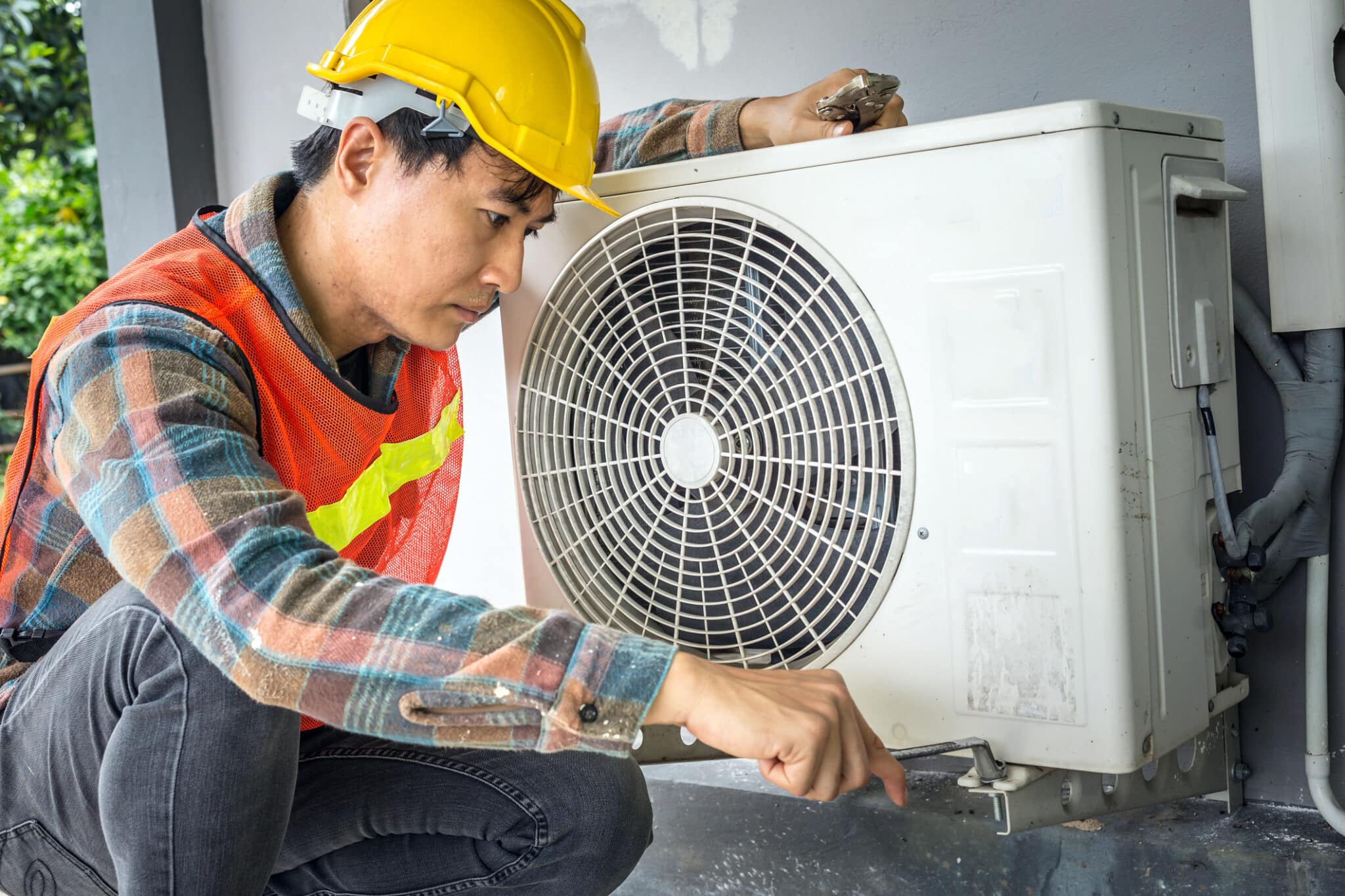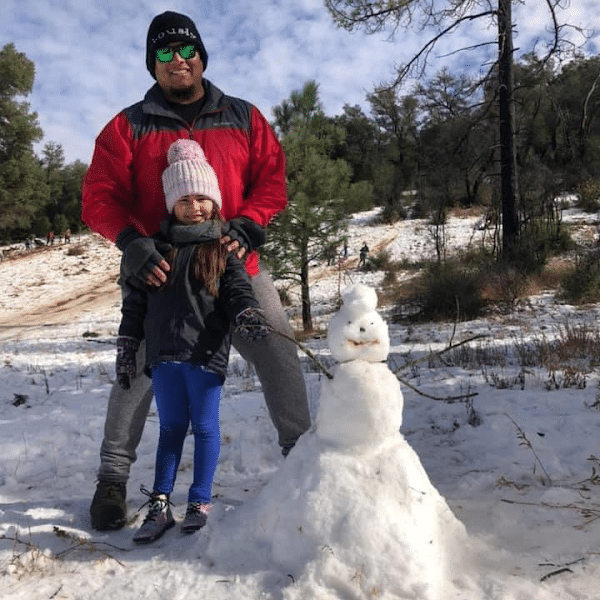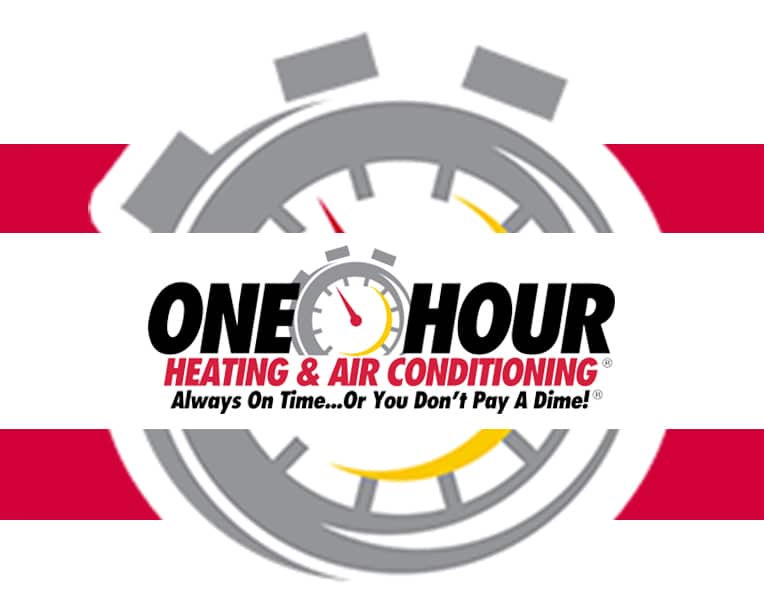To avoid HVAC overheating in San Diego, follow these key steps:
- Regular Maintenance: Schedule routine check-ups to catch minor issues early and keep your system running efficiently.
- Change Air Filters: Replace filters every 1 to 3 months to maintain proper airflow and prevent strain on your system.
- Clear Vents and Outdoor Units: Ensure vents are unobstructed and keep the area around outdoor units free from debris for optimal airflow.
- Monitor Your Thermostat: Check that your thermostat functions correctly and is set appropriately.
- Choose the Right System Size: A properly sized HVAC system reduces the risk of overheating and improves efficiency.
Regular care and proactive steps can keep your HVAC system cool and reliable year-round.
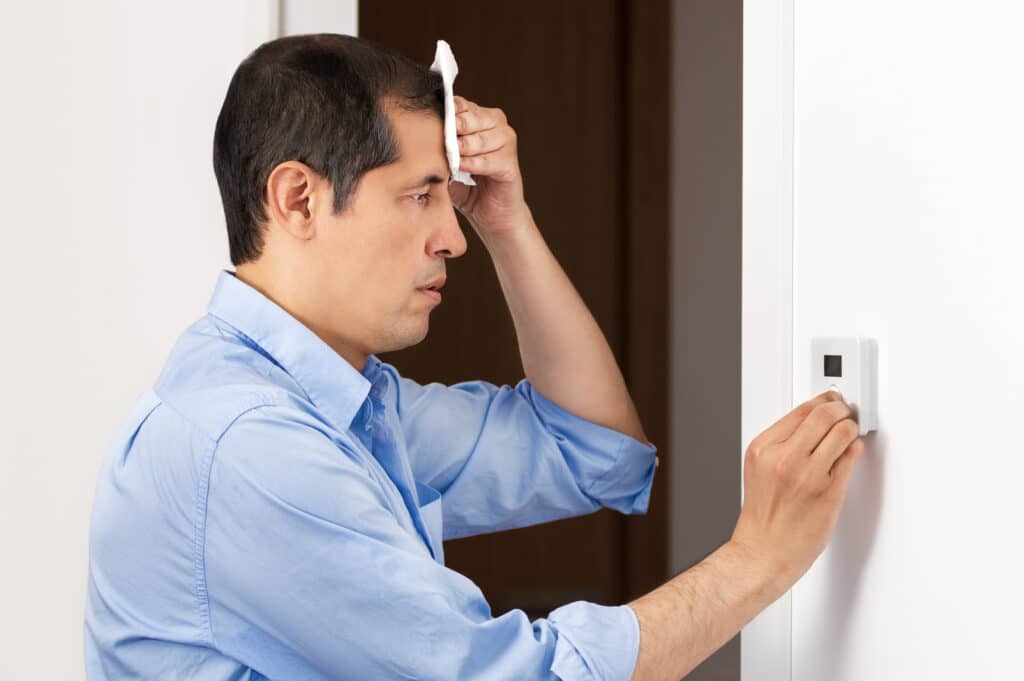
Is your HVAC system struggling to keep up with the heat in San Diego? You’re not alone. Many homeowners face the frustrating issue of HVAC overheating during the peak of summer.
When your cooling system fails, it can turn your home into an oven, leaving you uncomfortable and stressed.
But don’t worry—there are ways to prevent this from happening. In this blog, we’ll dive into what causes HVAC overheating and share practical tips to keep your system running smoothly all year round.
What is HVAC Overheating?
HVAC overheating happens when your heating, ventilation, and air conditioning system gets too hot while trying to cool or heat your home. This can lead to a complete system shutdown, which is not something you want to deal with on a hot day in San Diego.
Your HVAC system works hard to keep your home comfortable, but when it’s overworked or not maintained properly, it can start to overheat. Imagine a car engine running for hours on end without a break—that’s similar to what happens when your HVAC system overheats.
Overheating can cause a range of problems, from minor annoyances like inconsistent temperatures to more serious issues like a total system breakdown. And in a place like San Diego, where the weather can get pretty intense, ensuring your HVAC system doesn’t overheat is crucial for staying cool and comfortable.
The Impact of San Diego’s Climate on Your HVAC System
San Diego is known for its beautiful weather, but the climate here can take a toll on your HVAC system. The combination of warm summers and mild winters means your system is likely running year-round.
This constant use can lead to wear and tear, making your system more susceptible to overheating. Additionally, the coastal humidity can cause moisture buildup, which can further strain your HVAC unit.
Understanding how San Diego’s unique climate affects your system is crucial for keeping it in top condition.
Common Causes of HVAC Overheating
Dirty Air Filters
One of the simplest yet most overlooked issues of HVAC Overheating is a dirty air filter. When your air filter is clogged with dust and debris, it restricts airflow, causing your system to work harder than it should.
This extra strain can lead to overheating and potential system failure. Regularly changing your air filters is a quick and easy way to keep your system running smoothly and efficiently. Don’t let a small issue like a dirty filter cause a big problem with your HVAC system.
Blocked Vents
Blocked vents can also cause your HVAC system to overheat. When furniture, curtains, or other objects obstruct your vents, air can’t circulate properly throughout your home.
This blockage forces your system to work harder to push air through, which can lead to overheating and eventual breakdowns. To avoid this, make sure all vents are clear and free from obstructions. Proper airflow is key to keeping your HVAC system in top shape.
Faulty Thermostat
Your thermostat is essentially the brain of your HVAC system, controlling when it turns on and off. If your thermostat isn’t working correctly, it might signal your system to run longer than necessary, leading to overheating.
A malfunctioning thermostat can cause your system to cycle on and off too frequently, putting unnecessary stress on the unit.
Regularly check your thermostat to ensure it’s functioning properly and set at the correct temperature. A well-maintained thermostat can help prevent overheating and extend the life of your HVAC system.
Refrigerant Leaks
Refrigerants are crucial for cooling your home efficiently. If there’s a leak, your system has to work much harder to maintain the desired temperature, which can lead to overheating.
Over time, refrigerant leaks can not only cause overheating but also damage other critical components of your HVAC system.
If you notice your system struggling to cool your home or hear unusual noises, it might be time to check for a refrigerant leak. Addressing leaks early can save you from costly repairs down the line.
How to Prevent HVAC Overheating
Preventing HVAC overheating is all about regular maintenance and making smart choices for your system. Here are some effective strategies to keep your HVAC unit running smoothly in San Diego:
The Importance of Regular Maintenance
Regular maintenance is the key to preventing your HVAC system from overheating. Here’s why it’s so important:
- Catch Minor Issues Early: Routine check-ups help identify and fix small problems before they escalate into major, costly repairs.
- Comprehensive System Care: A professional technician will clean, inspect, and tune up your system, ensuring it operates efficiently.
- Prevent Overheating: Regular maintenance reduces the risk of HVAC overheating by keeping your system in optimal condition.
- Extend System Lifespan: Proper upkeep extends the life of your HVAC unit, saving you money in the long run.
- Avoid Unexpected Breakdowns: Regular maintenance is a proactive approach that helps you avoid inconvenient and expensive breakdowns.
Don’t wait for a breakdown—regular maintenance is a small investment that pays off in the long run.
Choosing the Right HVAC System Size for Your Home
Selecting the right size HVAC system for your home is crucial in preventing overheating. A system that’s too small will struggle to cool your space, leading to constant overworking and potential overheating.
On the other hand, a system that’s too large will cycle on and off too frequently, causing unnecessary stress.
It’s important to have a professional assess your home’s needs to ensure you’re getting the right system size. The right-sized system will run more efficiently and be less prone to overheating.
Ensuring Proper Ventilation Around Outdoor Units
Proper ventilation around your outdoor HVAC unit is essential for preventing overheating. If the area around the unit is cluttered with debris, plants, or other obstacles, airflow is restricted, causing the system to overheat.
Make sure the space around your unit is clear and that there’s enough room for air to circulate freely. Regularly check for any obstructions and keep the area well-maintained. Good ventilation is a simple but effective way to keep your HVAC system cool and functioning properly.
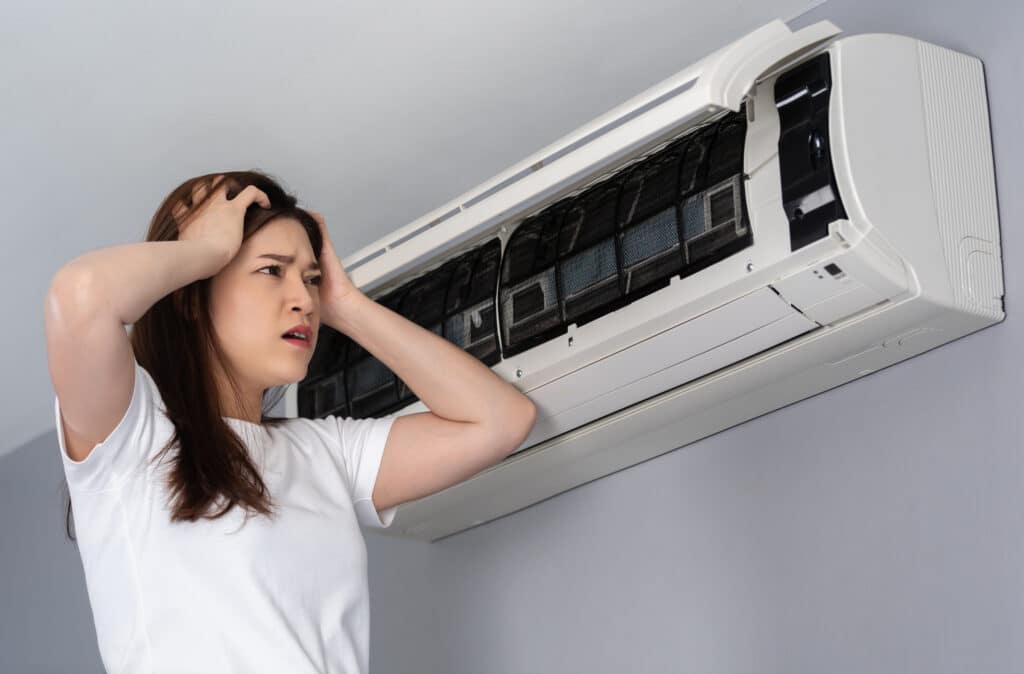
Signs Your HVAC System Might Be Overheating
Warm Air Flow from Vents
If you notice warm air coming from your vents when the system should be cooling, this is a clear sign that something is wrong. It could be that your system is working too hard and starting to overheat.
This issue can occur even if the thermostat is set to a cool temperature. If you detect this, it’s important to check your system right away to prevent further damage. Don’t ignore warm air—act quickly to avoid a full system failure.
Unusual Noises: What to Listen For
Strange noises coming from your HVAC system are often a warning sign of overheating. If you hear banging, clanking, or grinding sounds, it could mean that parts of your system are under stress or have already overheated.
These noises are not normal and should be investigated immediately. Turning off the system and contacting a professional can help prevent serious damage. Remember, unusual sounds are your system’s way of telling you something’s wrong.
Frequent System Shutoffs
If your HVAC system is shutting off more frequently than usual, it may be a sign of overheating. The system might be going into a safety mode to prevent further damage, but frequent shutoffs can also indicate an underlying issue.
This could be caused by blocked airflow, a malfunctioning thermostat, or other mechanical problems. If you notice your system shutting off unexpectedly, it’s time to investigate further. Frequent shutoffs shouldn’t be ignored—they’re often a sign that your system is struggling.
Immediate Steps to Take if Your HVAC Overheats
Safely Shutting Down Your System
The first step when you notice signs of HVAC overheating is to turn off the system. Shutting it down prevents further strain and gives the system a chance to cool down. Be sure to turn off the thermostat and then switch off the system at the circuit breaker to ensure it’s completely powered down.
This step is crucial to avoid any potential damage that could be caused by continued operation. Allow the system to cool for at least an hour before attempting to restart it.
Checking and Replacing the Air Filter
Once the system is off, check the air filter. A dirty or clogged filter is often the culprit behind overheating issues. If the filter looks dirty or hasn’t been replaced in a while, swap it out for a new one.
Replacing the filter can help restore proper airflow, reducing the likelihood of future overheating. Make sure to keep up with regular filter changes to prevent this issue from recurring. A clean filter is essential for efficient HVAC operation.
Inspecting the Condenser Coil for Dirt and Debris
The condenser coil, located in the outdoor unit, plays a critical role in your HVAC system’s ability to cool your home. If the coil is covered in dirt or debris, it can cause the system to overheat.
After shutting down the system, carefully inspect the coil and remove any visible dirt or obstructions. You can use a soft brush or gentle stream of water to clean the coil, but be cautious not to damage the delicate fins. Keeping the condenser coil clean is key to preventing overheating.
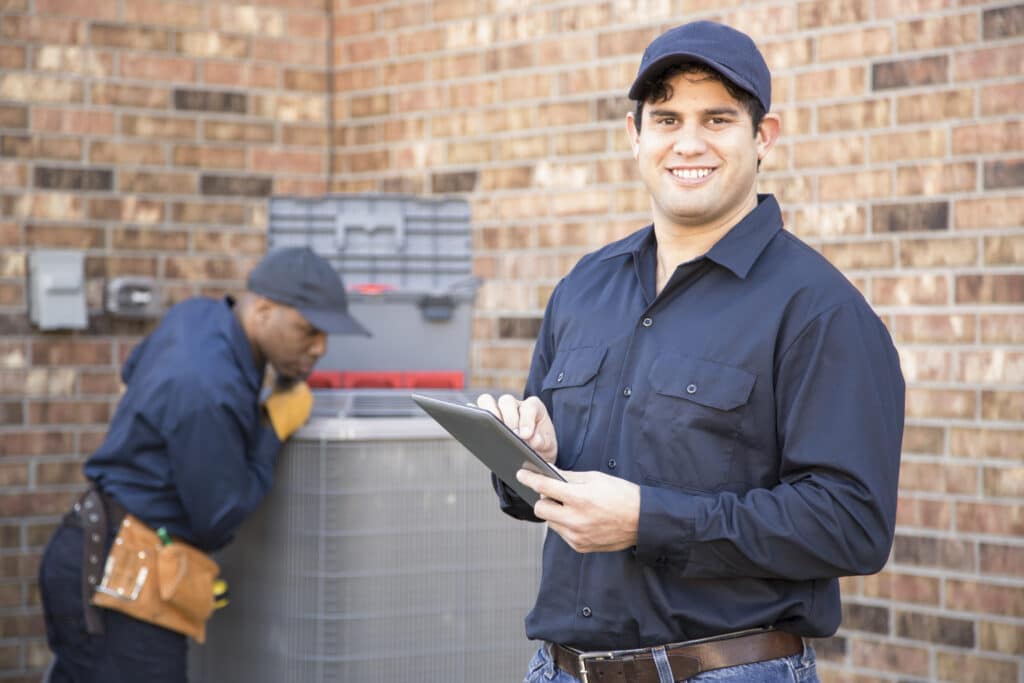
Professional Solutions for Persistent Overheating Issues
When to Call a Technician for Help
If your HVAC system frequently overheats or shows signs of serious malfunction, calling a technician is your best bet. Issues like persistent warm air, unusual noises, or repeated shutoffs aren’t problems you should try to fix on your own.
A professional can diagnose the root cause of the overheating and offer a long-term solution. Don’t wait until the system fails completely—early intervention can save you from costly repairs and extend the life of your HVAC unit. Trust a technician to handle complex overheating issues.
What to Expect During a Professional HVAC Inspection
During a professional inspection, the technician will thoroughly examine your HVAC system to identify the cause of the overheating. This typically includes checking the thermostat settings, inspecting the electrical components, and evaluating the refrigerant levels. The technician may also assess the condition of the air filters, coils, and ventilation to ensure everything is functioning correctly.
Benefits of Preventing HVAC Overheating
Taking steps to prevent HVAC overheating not only keeps your system running smoothly but also offers several other important benefits. Here’s why it’s worth the effort:
Extending the Lifespan of Your HVAC System
One of the biggest benefits of preventing HVAC overheating is the ability to extend the life of your system.
- Reduces Wear and Tear: Preventing HVAC overheating ensures your system doesn’t work overtime, reducing wear and tear.
- Fewer Breakdowns: With less strain on the system, you’ll experience fewer unexpected breakdowns.
- Longer Equipment Life: Proper maintenance, ventilation, and timely repairs extend the overall life of your HVAC equipment.
- Cost Savings: A well-maintained system lasts longer, saving you the cost and hassle of premature replacement.
- Improved Reliability: Regular attention keeps your system in top shape, providing consistent performance for years to come.
By focusing on these key areas, you can enjoy a reliable HVAC system that serves you well for many years.
Reducing Energy Costs
An overheating HVAC system is not only prone to breaking down but also to running inefficiently. When your system overheats, it uses more energy to achieve the desired temperature, which can lead to higher utility bills.
By preventing overheating, you ensure that your system operates efficiently, consuming less energy and keeping your energy costs down.
Simple steps like cleaning filters and maintaining proper airflow can make a big difference in your monthly energy bills. Efficient systems are not only better for your wallet but also for the environment.
Ensuring Comfort During Hot San Diego Summers
San Diego summers can be unforgiving, and the last thing you want is for your HVAC system to fail when you need it most. Preventing overheating ensures that your system can keep your home cool and comfortable, even during the hottest days.
By taking proactive measures, you avoid unexpected breakdowns and ensure a consistently comfortable indoor environment.
Properly maintained HVAC systems provide reliable performance, allowing you to enjoy your summer without worrying about sudden cooling failures. Stay cool and comfortable by keeping your HVAC system in top condition.
Keep Your Cool with Reliable HVAC Services in San Diego!
Don’t let HVAC overheating leave you sweating this summer. At One Hour Heating & Air Conditioning San Diego, we’re here to ensure your system runs smoothly, even during the hottest days.
Whether you need routine maintenance or a professional inspection, our expert team is ready to help. Stay comfortable all year round—schedule your service with us today and keep your home cool in San Diego’s heat!
HVAC Overheating FAQs
What is the most common cause of HVAC overheating?
The most common cause of HVAC overheating is a dirty air filter. When the air filter is clogged, it restricts airflow, forcing your system to work harder to maintain the desired temperature. This extra effort can lead to overheating. Regularly checking and replacing your air filter is a simple yet effective way to prevent HVAC overheating.
How often should I replace my air filters?
To prevent HVAC overheating, it’s recommended to replace your air filters every 1 to 3 months, depending on how often you use your system and the air quality in your home. Homes with pets or in dusty environments might need more frequent changes. Keeping your air filters clean ensures proper airflow and reduces the risk of HVAC overheating.
Can shading my HVAC unit really make a difference?
Yes, shading your outdoor HVAC unit can significantly reduce the chances of HVAC overheating. By keeping the unit cool, you lessen the strain on the system, allowing it to operate more efficiently.
What should I do if my HVAC system overheats?
If you suspect HVAC overheating, the first step is to shut down your system immediately to prevent further damage. After allowing it to cool, check the air filters and condenser coil for any dirt or debris that might be causing the issue. If the problem persists, it’s best to call a professional technician to inspect and repair your system.
How can regular maintenance help prevent HVAC overheating?
Regular maintenance is key to preventing HVAC overheating. During maintenance checks, a technician will clean, inspect, and tune up your system, ensuring everything is working correctly. This proactive approach catches potential issues before they lead to overheating, keeping your HVAC system in peak condition.

